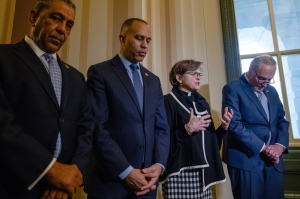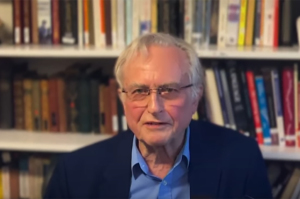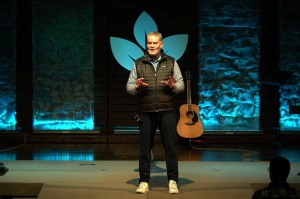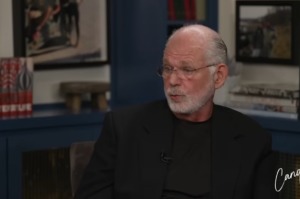European Evangelicals Condemn 'Neutral' Stance on Euthanasia
The Evangelical Alliance UK (EAUK) and a number of Christian and pro-life groups and charities have strongly condemned the decisions by the British Medical Association (BMA) to vote in favour to adopt a 'neutral' stance in the issue of euthanasia during the BMA's conference held on 30th July 2005.
A release by the EAUK stated, "The Evangelical Alliance deeply regrets the BMA’s announcement of its amended position with regard to euthanasia and also to abortion."
The protest comes about from the leading Evangelical group in the UK, who commented, "The physicians’ Hippocratic oath requires doctors to save and preserve life, so their unwillingness to support a reduction in the abortion limit and to become neutral rather than remain opposed to euthanasia is deeply worrying and inconsistent."
The EAUK statement continued, "Looking first at abortion, advances in science have convincingly shown that a foetus is a sentient human being much earlier than previously thought. The BMA’s refusal to accept such evidence and press for a reduction in the 24-week abortion limit is very disappointing."
The calls by the Evangelical Alliance has been backed by Roger Smith, the Head of Public Policy for CARE said: "It is deeply disappointing that the BMA has shifted its stance from outright opposition to neutral on the question of euthanasia."
"It fails to take responsibility for the massive change in the relationship between doctor and patient that would follow any change in the law on homicide."
CARE is the well-established mainstream Christian charity, which seeks to combine practical caring initiatives with public policy on social and ethical issues. It aims to bring Christian insight into all parts of society and one of the concerns is the issue of bioethics.
Dr Don Horrocks, who is the Head of Public Affairs at the Evangelical Alliance UK said, "the same time the BMA seems to be opting out of the debate on assisted dying and passing the decision on this issue to politicians, thus appearing to pave the way for the re-introduction of Lord Joffe’s Bill later this year. Euthanasia is consequently portrayed as a humane act especially to many elderly people and those suffering terminal illnesses as well as for their family and friends. But the long-term implications for society in legalising, assisting and encouraging assisted suicide are immense. We should be caring for the most vulnerable people in our society, whatever the cost, and stressing the alternatives to killing."





























